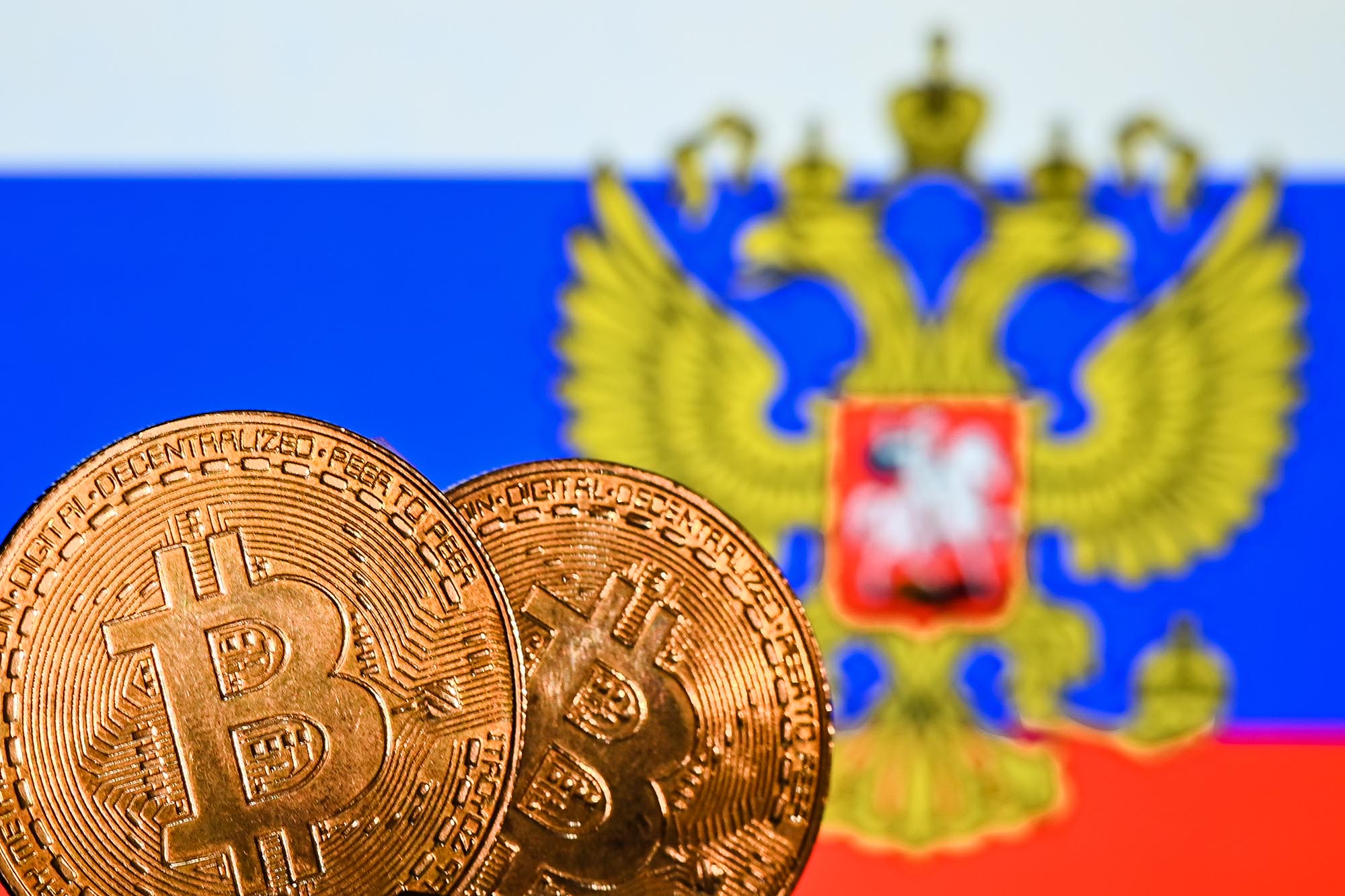Russia’s New Crypto Bill Misinterpreted as Major Policy Change
31.07.2024 18:15 2 min. read Alexander Stefanov
Recently, misleading information spread claiming that Russia had officially adopted Bitcoin mining and cryptocurrency payments.
According to social media posts, Russia was said to have “embraced crypto,” “legalized cryptocurrencies,” and “approved a bill on cryptocurrency mining” while treating Bitcoin and crypto as foreign currency.
This information is largely inaccurate and was not part of a deliberate Kremlin disinformation campaign. Instead, the confusion stems from a lack of understanding about Russian legislation and the Kremlin’s history of making symbolic or non-committal statements about cryptocurrency.
Here’s what actually happened with Russia’s cryptocurrency legislation: The lower house of Russia’s parliament, the State Duma, passed a bill today allowing certain Russian businesses to use cryptocurrency for international transactions, not for domestic payments. This is the extent of the news—the passage of a bill, which has been known since November 2022, and which still requires enactment.
The bill will not take effect immediately. According to Reuters, implementation is not expected until September at the earliest, with the first transactions under this law expected later in the year.
Furthermore, the bill does not address domestic cryptocurrency use. It is focused solely on international payments and mining operations not related to trading or payments. Additionally, the bill mandates that Russia’s central bank develop new infrastructure for these transactions, but this infrastructure is still in the planning stages with no confirmed timeline for its rollout.
-
1
U.S. State of Connecticut Blocks Crypto from Public Sector Operations
12.06.2025 16:00 1 min. read -
2
Federal Reserve Clears Path for Banks to Enter Crypto Market
24.06.2025 8:00 2 min. read -
3
Vietnam Charts a Clear Course for Digital Assets With New 2026 Law
16.06.2025 18:00 1 min. read -
4
GENIUS Act Clears Senate, Setting Stage for First U.S. Crypto Law
18.06.2025 12:00 1 min. read -
5
Coinbase and Set Gemini to Expand in EU Under MiCA Rules
17.06.2025 13:00 2 min. read
Kazakhstan to Establish State Crypto-Reserve Under Central Bank Oversight
Kazakhstan is taking a major step toward integrating digital assets into its national financial strategy, with plans to establish a state-managed crypto-reserve.
Europe’s Largest Euro-Denominated Spot Crypto Exchange Secures License Under MiCA
Bitvavo, Europe’s largest euro-denominated spot crypto exchange, has officially received a MiCA license from the Dutch Authority for the Financial Markets (AFM), allowing the firm to operate across all 27 European Union member states.
U.S. Crypto Investors Hit by IRS Letter Surge as Tax Crackdown Looms
In just two months, crypto tax platform CoinLedger observed a staggering 700% surge in the number of U.S. users receiving IRS warning letters, signaling a sharp escalation in federal tax enforcement targeting digital asset holders.
Ripple Drops Cross-Appeal, Moves to End SEC Case “Once and for All”
Ripple CEO Brad Garlinghouse announced Friday that the company is officially dropping its cross-appeal in its long-running legal battle with the U.S. Securities and Exchange Commission (SEC), signaling a final move toward ending the years-long case.
-
1
U.S. State of Connecticut Blocks Crypto from Public Sector Operations
12.06.2025 16:00 1 min. read -
2
Federal Reserve Clears Path for Banks to Enter Crypto Market
24.06.2025 8:00 2 min. read -
3
Vietnam Charts a Clear Course for Digital Assets With New 2026 Law
16.06.2025 18:00 1 min. read -
4
GENIUS Act Clears Senate, Setting Stage for First U.S. Crypto Law
18.06.2025 12:00 1 min. read -
5
Coinbase and Set Gemini to Expand in EU Under MiCA Rules
17.06.2025 13:00 2 min. read


